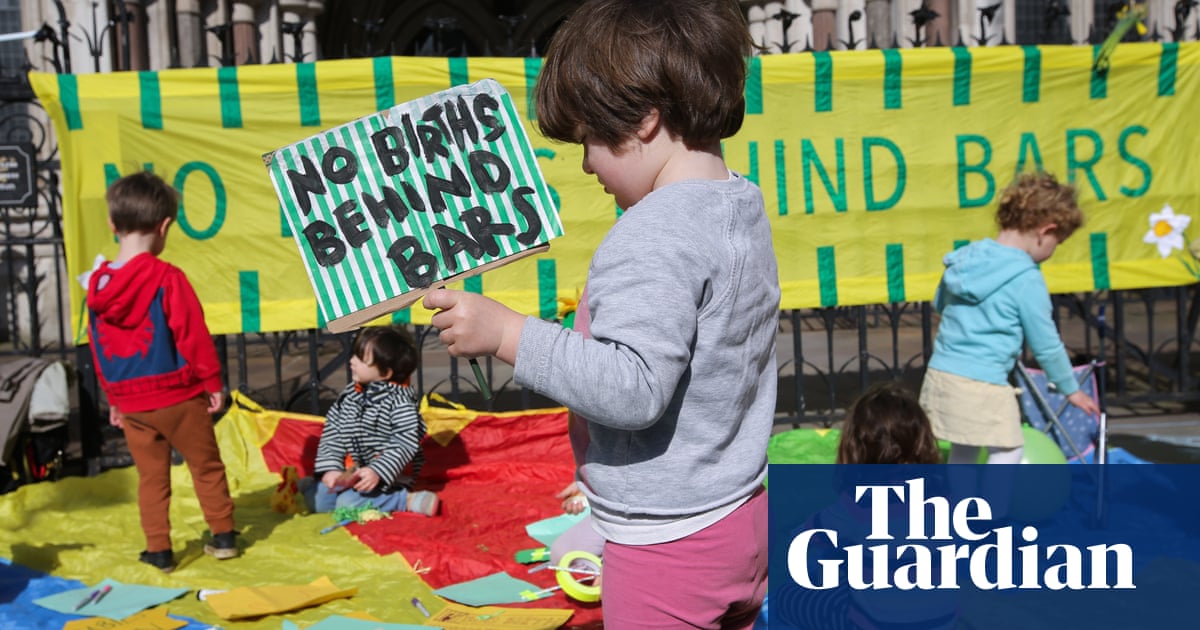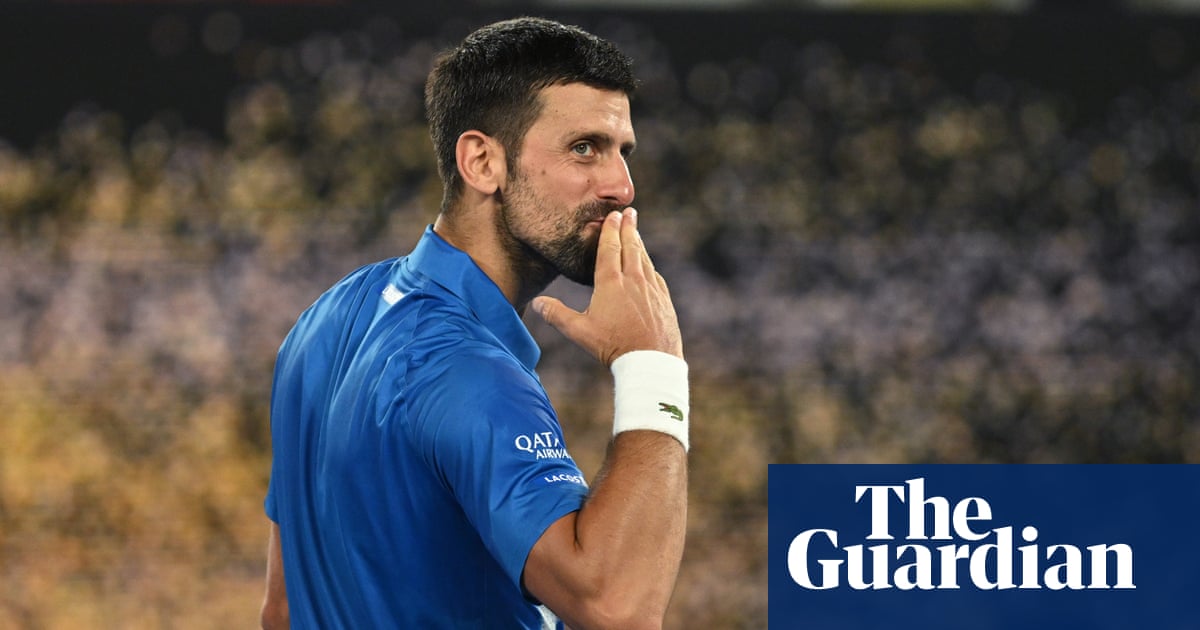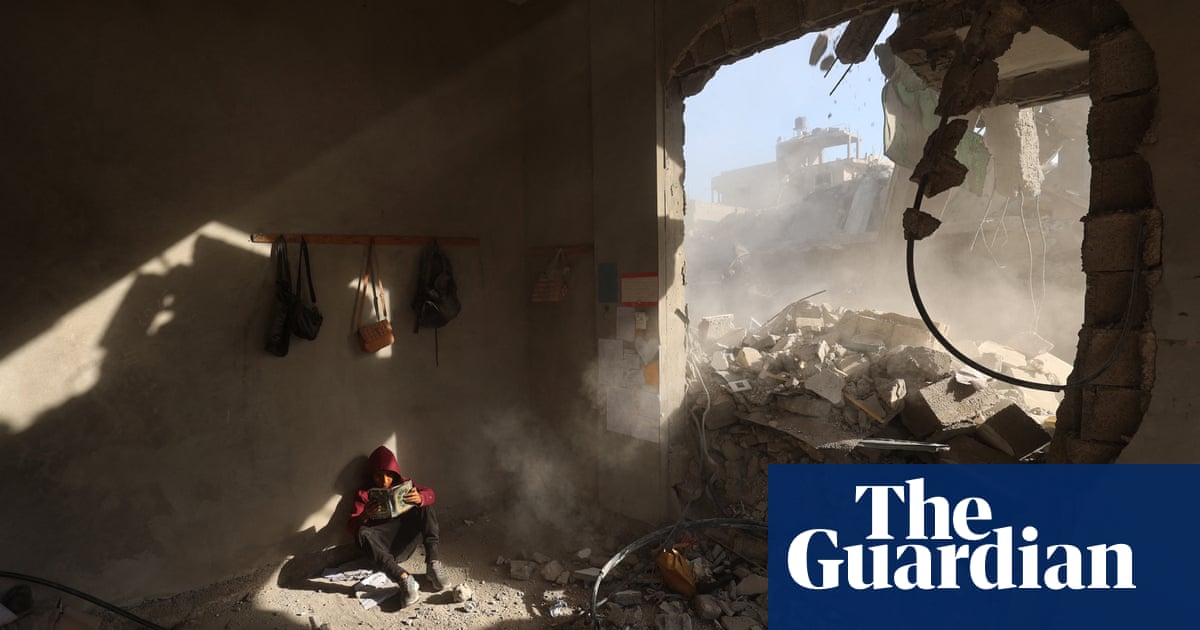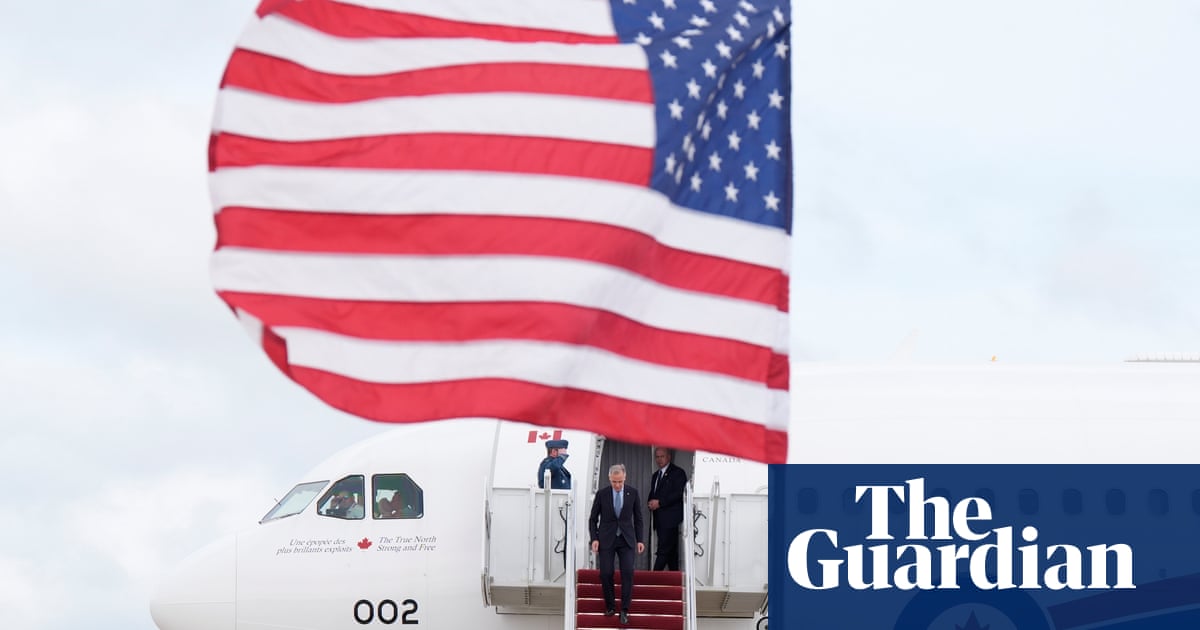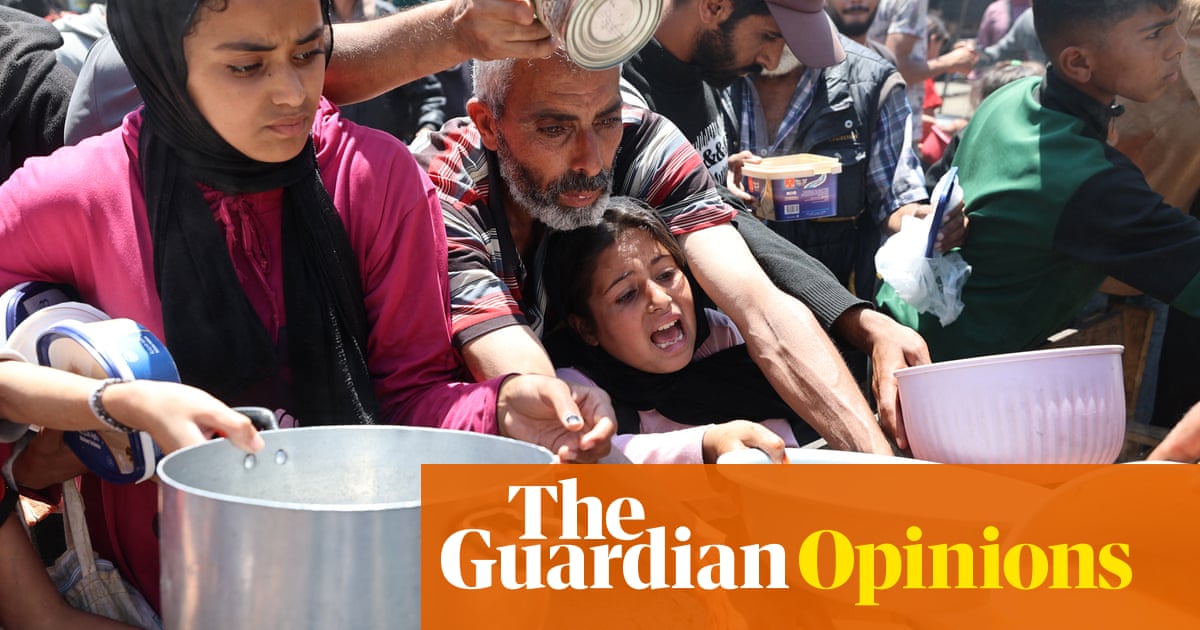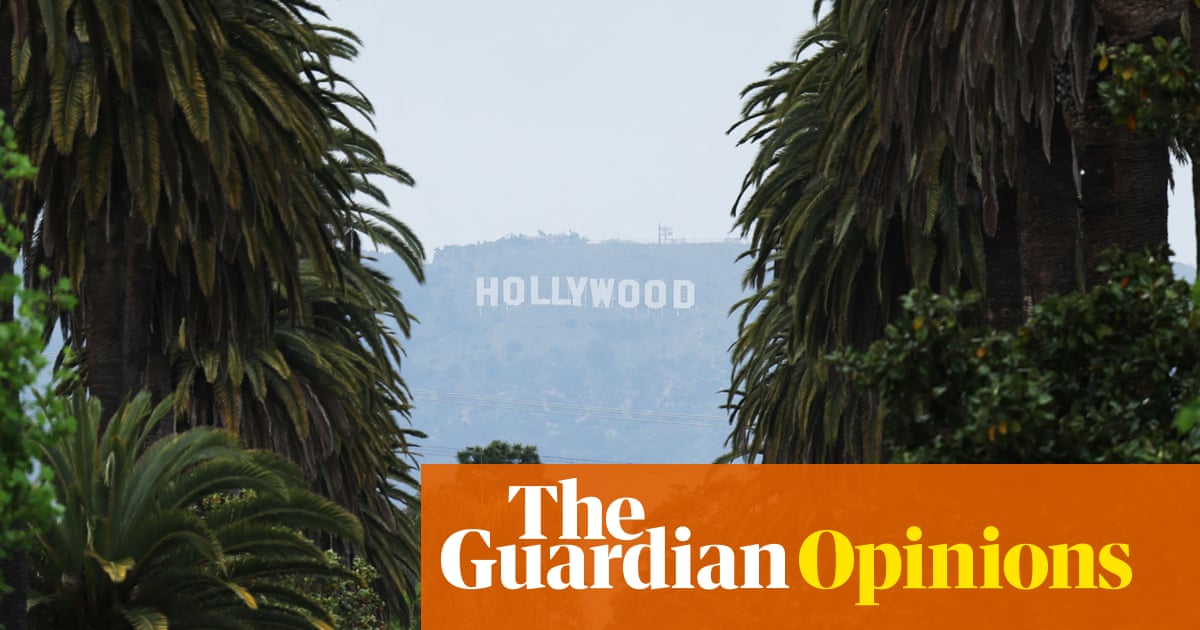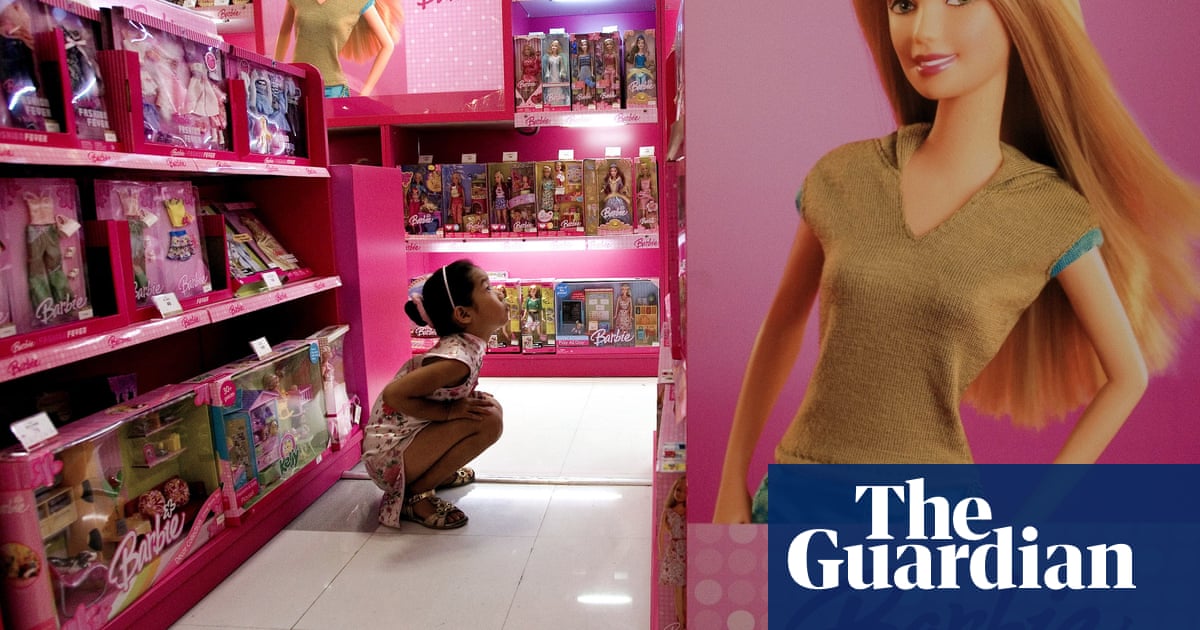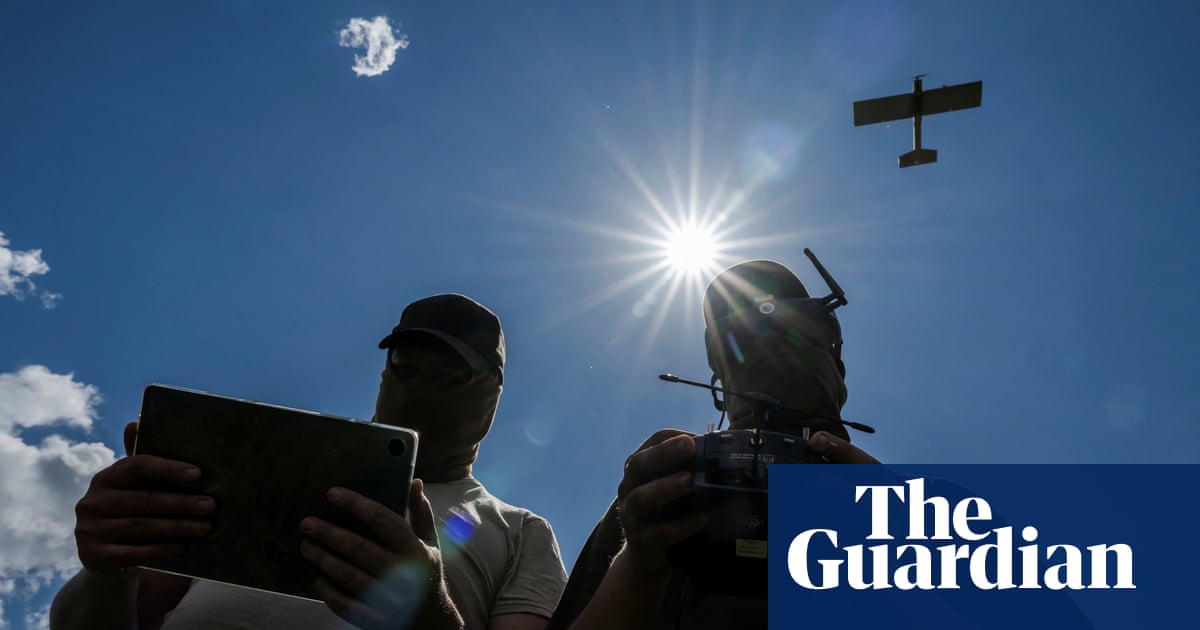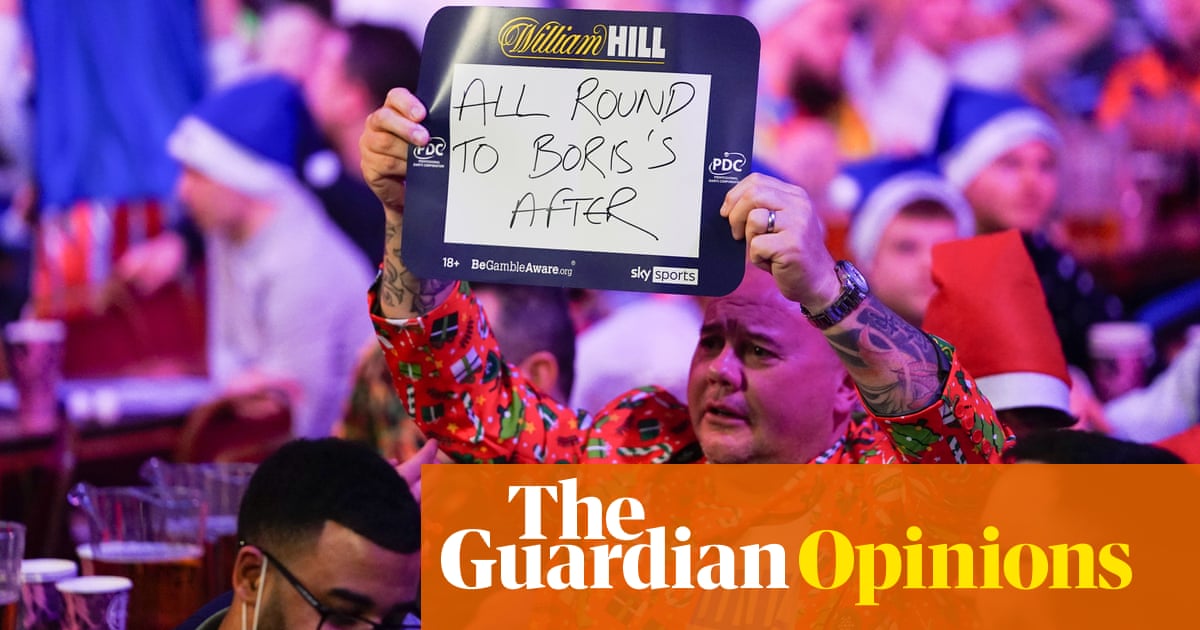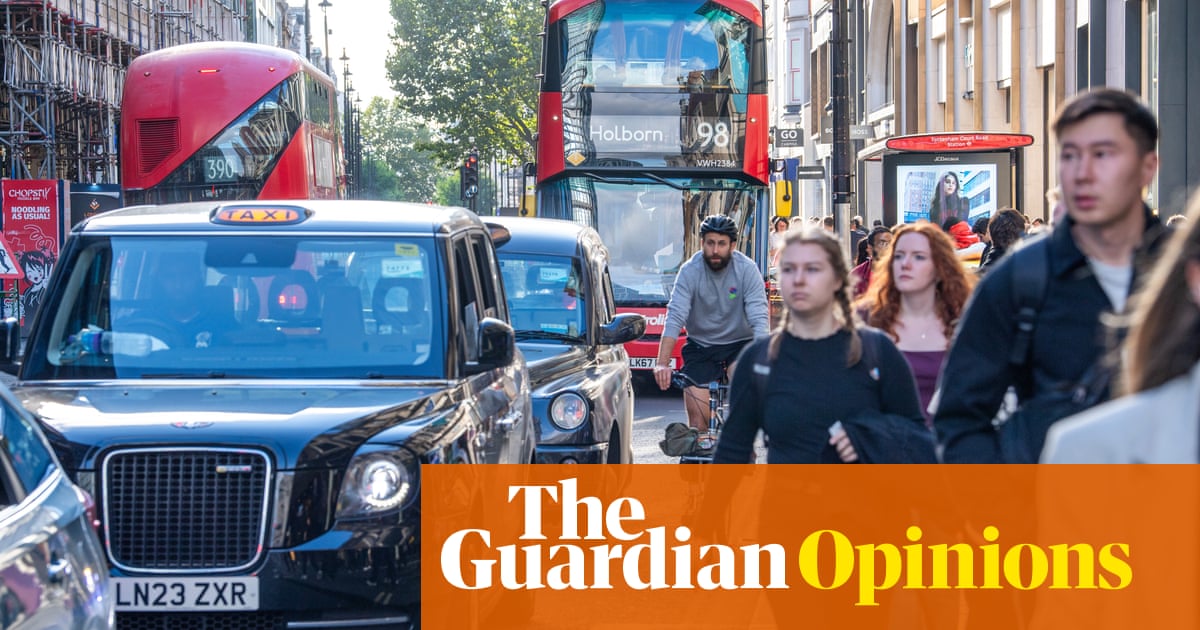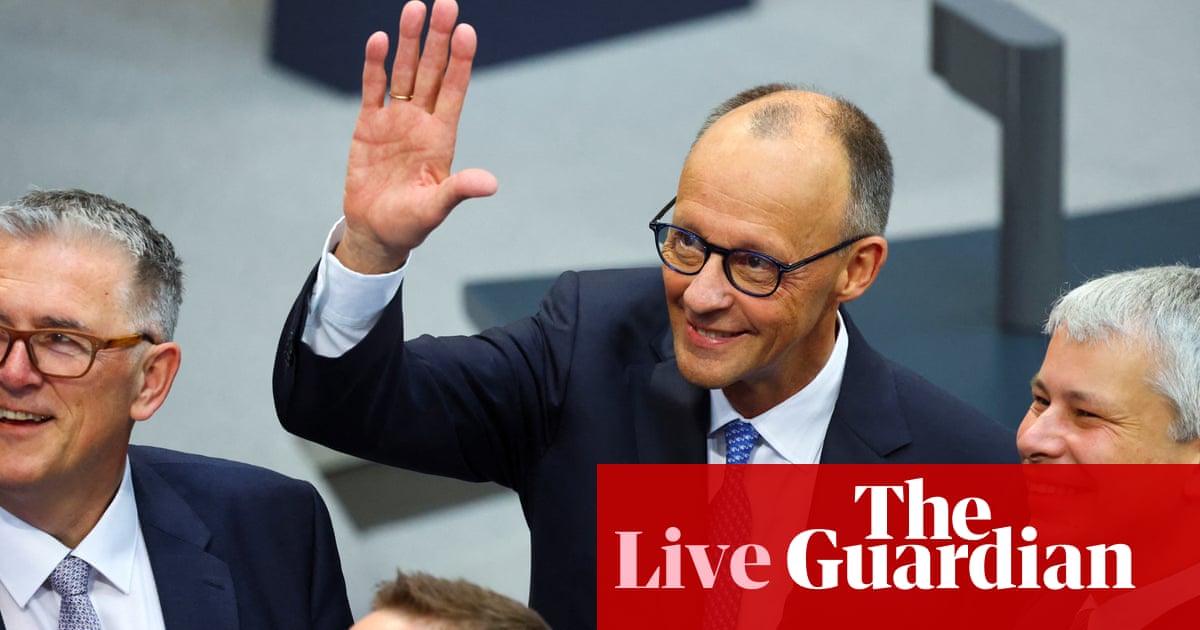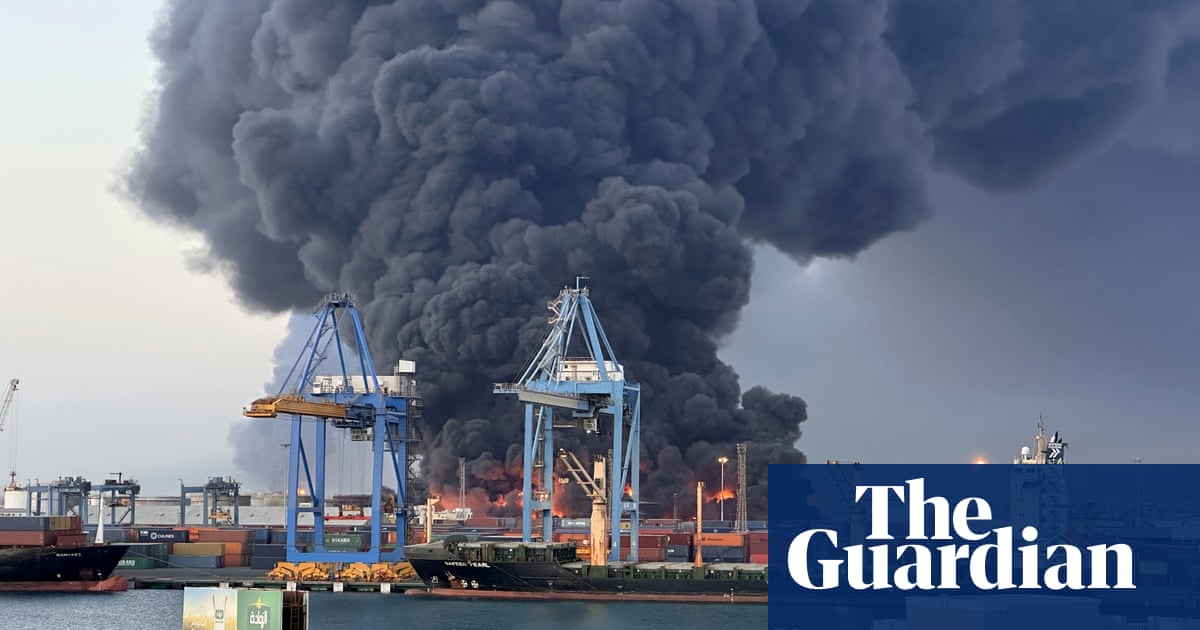Eighty years after the second world war, polling shows many Americans and western Europeans believe an even more devastating third global conflict could break out within a decade, with tensions with Russia seen as the most probable cause.
As Europe prepares to mark the 80th anniversary of VE Day, the YouGov polling also showed large majorities felt that events during and before the second world war were relevant today and must continue to be taught to younger generations.
Between 41% and 55% of respondents in the five European countries polled: Britain, France, Germany, Italy and Spain, said they thought another world war was very or fairly likely within the next five to 10 years, a view shared by 45% of Americans.
Majorities of 68% to 76% said they expected any new conflict would involve nuclear weapons, and between 57% and 73% also said a third world war would lead to greater loss of life than in 1939-1945. Many (25% to 44%) believed it would kill most people in the world.
Most people, ranging from 66% in Italy to 89% in the UK, said they would expect their country to be involved in such a war – but only minorities, from 16% in Italy to 44% in France, thought their armed forces would be able to defend them.
In contrast, 71% of Americans said they had confidence in the US military. Russia was seen as the most probable cause of another world war by between 72% and 82% of western Europeans and 69% of Americans, followed by Islamic terrorism.
Many Europeans, however, also felt the same about Europe’s supposed ally the US, with majorities in Spain (58%), Germany (55%) and France (53%) seeing tensions with the US as a major or moderate threat to continental peace.
Looking back to the second world war, respondents in France (72%), Germany (70%) and the UK (66%) were the most likely to say they knew a great deal or a fair amount about the conflict, with those in Spain – which was not involved – the least (40%).
About 77% of French people said they had been taught a great deal or fair amount about the war in school, compared with 60% of Germans, 48% of Britons and only 34% of Spaniards. Younger generations were more likely to report having been taught a lot.
Overwhelming majorities (82% to 90%) of western Europeans and Americans, however, said they thought it was important the second world war be taught in schools, with between 72% and 87% saying the events of the conflict and those leading up to it were still relevant today.
Between 31% (Spain) and 52% (the US) across all six countries said they thought it was possible that “crimes like those committed by the Nazi regime in Germany in the 1930s and 40s” could happen in their own country, during their lifetimes.
More respondents (44% to 59%) said they thought Nazi-style crimes could be committed in “another western European country”, with 44% to 60% also saying such a scenario was possible in the US – including 52% of Americans.
Asked who had done the most to defeat the Nazis, 40% to 52% in five countries surveyed replied the US, and 17% to 28% the Soviet Union. In the UK, however, 41% of respondents answered Britain – a view shared by only 5% to 11% of Americans and other western Europeans.
Almost half of Germans (46%) said they believed their country had done a good job since 1945 of dealing with its wartime actions, a view 49% of Americans and 58% of Britons agreed with. Respondents in France (34%) and Italy (30%) were not so sure.
However, almost half of Germans (47%) said they also thought their country had been “overly conscious of its Nazi past”, preventing it from acting strongly enough on more recent problems. Only 24% thought their leaders had got the balance right.
When it came to who had done the most to preserve peace since the end of the war, majorities (52% to 66%) in all six countries answered Nato, with at least a plurality (44% to 60%) crediting the United Nations with contributing a “great deal” or “fair amount”.
Between 45% and 56% of western Europeans and Americans also believed the EU – established partly with the goal of maintaining peace in Europe – had been a significant contributor to the absence of conflict.

 5 hours ago
8
5 hours ago
8

